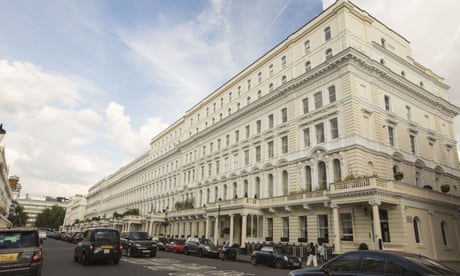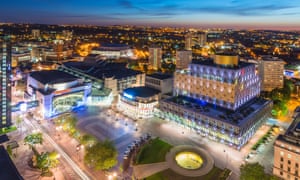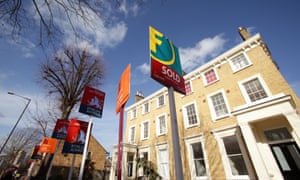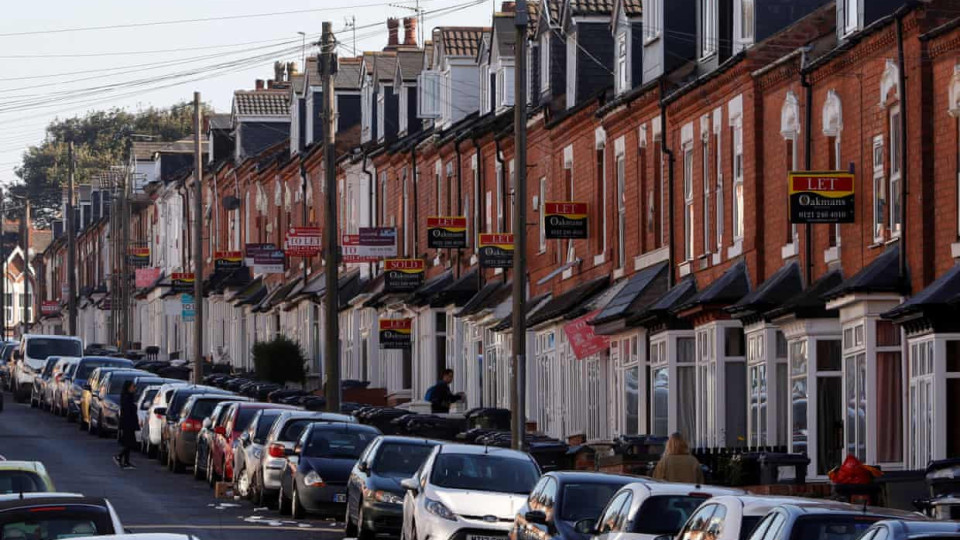
House prices have grown fastest since the UK voted to leave the EU in cities in the Midlands, the north of England, Wales and Scotland, according to the property website Zoopla.
Birmingham (up 16%), Manchester and Leicester (both up 15%) have seen the fastest growth since the June 2016 referendum, followed by Edinburgh and Nottingham (14%), Leeds and Cardiff (12%), and Liverpool and Sheffield (11%).

Zoopla said economic and political uncertainty caused by the Brexit vote was more acutely felt in southern English cities, while lack of affordability was also a major factor.
Cities in the south of England had previously led house price growth across Britain. In London, property values surged 52% between 2013 and mid-2016, compared with 47% in Cambridge and 42% in Oxford.
Since the Brexit vote, Cambridge has experienced a 4% drop in house prices, according to Zoopla’s UK cities house price index, which is based on data from Hometrack. Price growth slowed sharply to 1% in London and 2% in Oxford.
However, the sharpest decline in prices since mid-2016, of 14%, was in Aberdeen, where the property market is heavily reliant on people working in the North Sea oil and gas industry.
Demand for housing there plummeted after crude oil prices crashed below $30 (£23) a barrel in February 2016. Brent crude is now back over $60.

It is the biggest slump in house prices experienced by a UK city since the aftermath of the financial crisis when Belfast, Liverpool and Glasgow experienced price drops of 33%, 11% and 10% respectively, between 2009 and 2012.
Other surveys have also shown a sharp slowdown in UK house price growth, with prices in London and parts of south-east England falling as uncertainty over the shape of Brexit and fears of a no-deal outcome undermine confidence.
In the UK’s biggest 20 cities, house prices grew by 2.7% last year – half the average annual rate over the past five years, Zoopla said. Prices fell during 2018 in Aberdeen, Cambridge and London, by 6.1%, 3.8% and 0.2% respectively.

Values in London, including the surrounding commuter areas, have been falling for nearly a year. But at £481,200, the average house price is still well above that in most other cities. Only Oxford (£416,200) and Cambridge (£408,000) come close. The average property in Birmingham costs £163,400 and in Manchester, £168,000.
Richard Donnell, the research and insight director at Zoopla, said: “House prices in London have been falling for almost 12 months while the rate of growth has slowed in cities across southern England, a result of growing affordability pressures, higher transaction costs and increased uncertainty.
“The strongest performing cities are outside south-eastern England where affordability remains attractive and employment levels are rising. We expect current trends in price growth to continue across the rest of this year, with prices rising in line with earnings for much of the UK but lower growth and some house prices falls in London and the south.
“London will continue to register price falls, concentrated in inner London where prices have grown the most over the last decade. Prices continue to increase slowly in the more affordable outer and commuter areas of London.”









Leave a comment